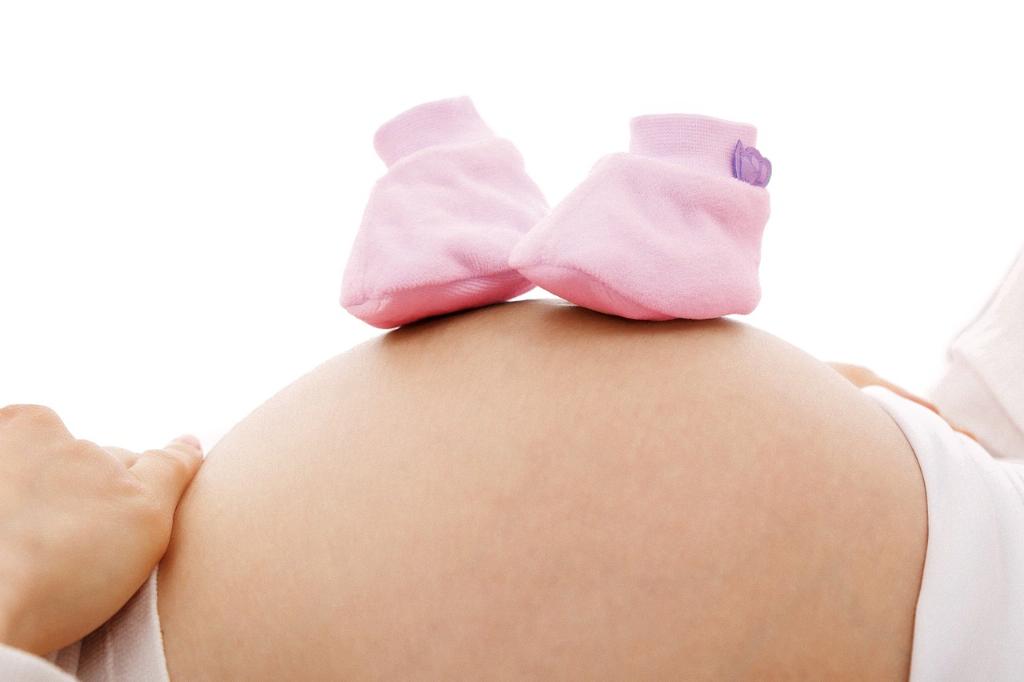Craving ice while pregnant is a relatively common phenomenon that many expectant mothers experience. While it may seem like a harmless urge, there can be underlying reasons why pregnant women crave ice during their gestation period.
Deeper Implications of Ice Cravings
One of the significant reasons behind craving ice during pregnancy is a condition known as pica. Pica is characterized by cravings for non-nutritive substances, such as ice, clay, or dirt, and it can indicate a deficiency in certain minerals or nutrients in the body.
Possible Nutritional Deficiencies
Specifically, craving ice, also known as pagophagia, may be linked to an iron deficiency anemia. Iron plays a crucial role in the body’s ability to transport oxygen, and pregnant women often experience a higher demand for iron due to the needs of the developing fetus.
Hydration and Morning Sickness
Interestingly, another reason pregnant women might crave ice is its hydrating properties. Ice can help keep expectant mothers hydrated without exacerbating feelings of nausea, making it a soothing option for those experiencing morning sickness.
Safety and Comfort
Additionally, ice has no discernible taste or smell, which can make it a safe and comforting choice for pregnant women who may be sensitive to certain foods or odors during pregnancy. The crunch and coolness of ice can also provide relief from hormonal fluctuations and temperature regulation.
Emotional and Psychological Factors
Craving ice can also be influenced by emotional and psychological factors during pregnancy. Some women may find satisfaction or a sense of control in chewing ice, especially in moments of stress or anxiety related to the impending changes and responsibilities of motherhood.
Consulting a Healthcare Provider
If you find yourself consistently craving ice or non-food items during pregnancy, it is essential to consult with your healthcare provider. They can assess your nutritional levels, recommend supplements if necessary, and ensure that your cravings are not indicative of any underlying health concerns.
Healthy Eating Habits
While occasional ice cravings may not be cause for alarm, maintaining a balanced diet rich in essential nutrients during pregnancy is crucial for both your health and the well-being of your baby. Incorporating iron-rich foods, such as leafy greens, lean meats, and fortified cereals, can help address potential deficiencies.
Alternative Hydration Options
If you find that you are consistently craving ice for hydration, consider exploring alternative ways to keep yourself hydrated, such as drinking water infused with fruits, herbal teas, or consuming hydrating fruits like watermelon or cucumber.
Self-Care and Mindfulness
Remember that pregnancy is a unique and transformative journey, both physically and emotionally. Practicing self-care, mindfulness, and seeking support from loved ones can help alleviate stress and emotional triggers that may contribute to cravings for non-nutritive substances like ice.
Conclusion
In conclusion, craving ice during pregnancy can be a multifaceted experience influenced by nutritional, emotional, and physiological factors. While it is essential to listen to your body’s cues, understanding the underlying reasons behind your cravings and addressing any potential deficiencies with the guidance of healthcare professionals is paramount for a healthy pregnancy.

